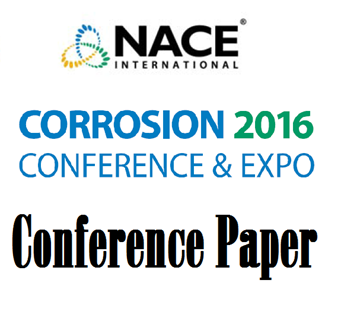Search
08505 MIC of Steels by Iron Reducing Bacteria
Also Purchased
51316-7347-Quantifying the Risk of MIC
Product Number:
51316-7347-SG
ISBN:
7347 2016 CP
Publication Date:
2016
$20.00
10213 Demystifying Mic Mechanisms
Product Number:
51300-10213-SG
ISBN:
10213 2010 CP
Publication Date:
2010
$20.00
07336 Monitoring Methods for MIC
Product Number:
51300-07336-SG
ISBN:
07336 2007 CP
Publication Date:
2007
$20.00
Recently viewed




